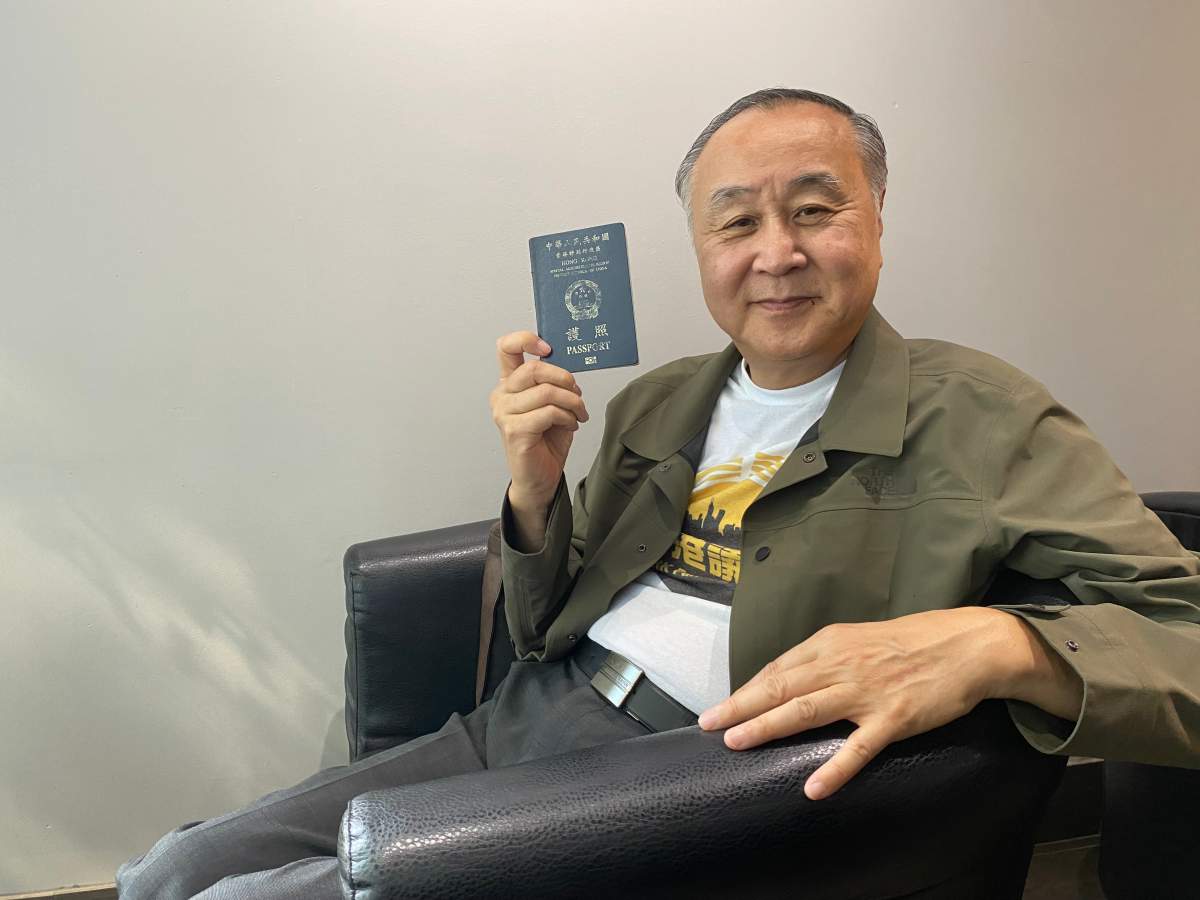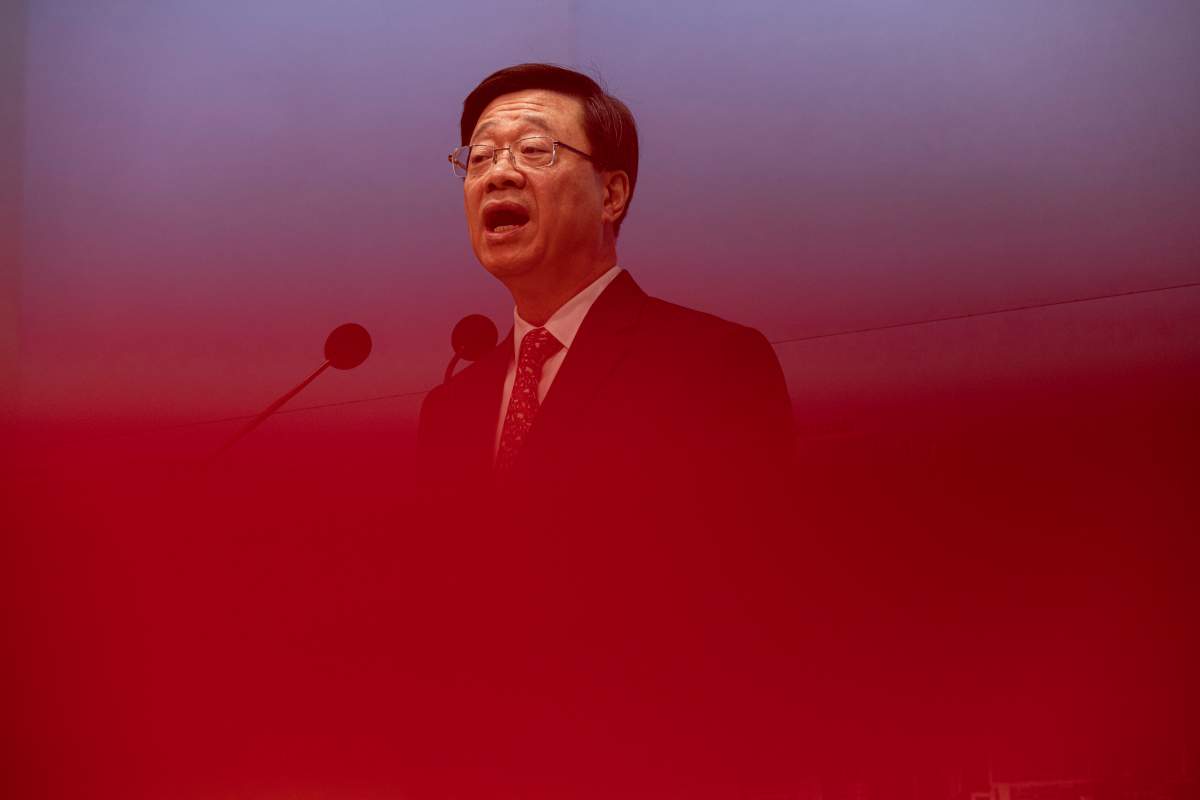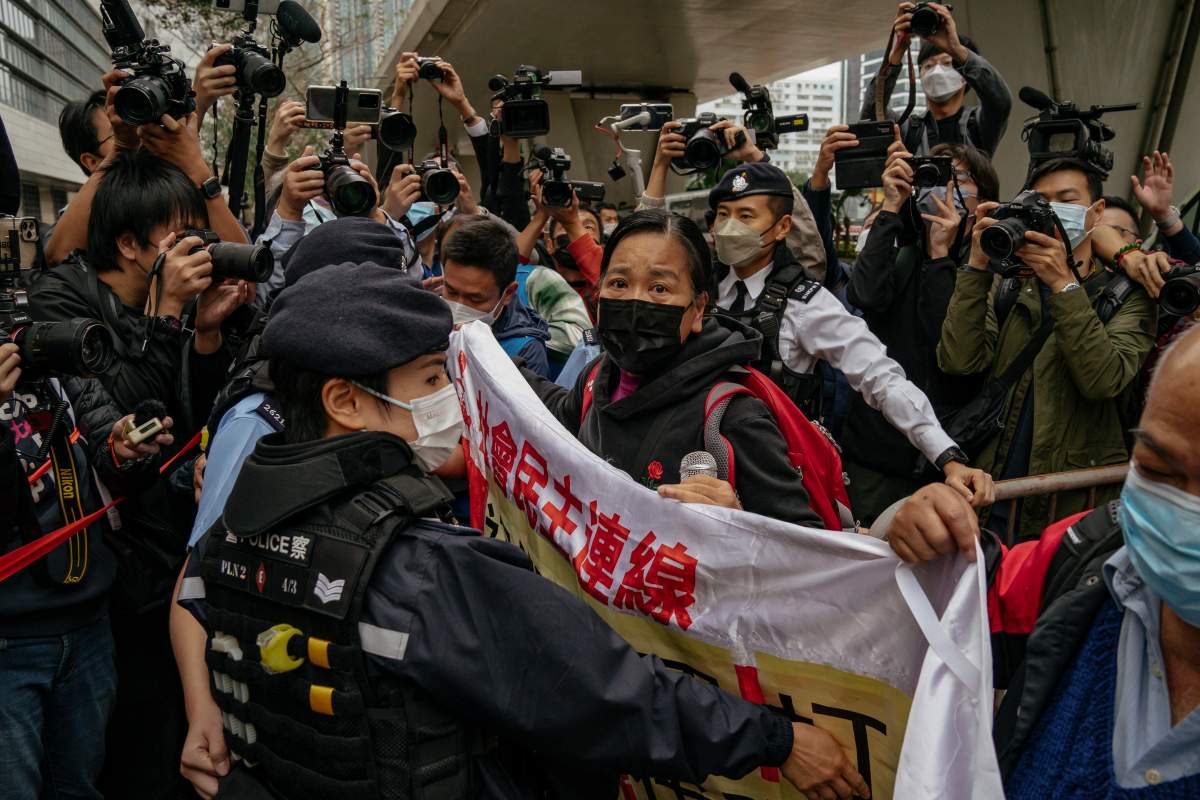Hong Kong activist Elmer Yuen seems to be in a good mood despite a bounty out for his arrest. He is one of eight pro-democracy advocates that the region’s authorities are now targeting under a contentious national security law introduced in 2020, even though he now lives abroad.

“I don’t feel threatened,” said Elmer Yuen, a venture capitalist speaking to Global News from Los Angeles. “(Chinese President Xi Jinping) is more scared than I am.”
Hong Kong has placed an arrest warrant for Yuen, along with Nathan Law, Ted Hui, Dennis Kwok, Kevin Yam, Mung Siu-tat, Finn Lau and Anna Kwok. All eight are now living abroad in the United States, Britain and Australia, but some including Kwok and Law have professional or familial ties to people in Canada.
Despite the eight activists living abroad, they are still being chased for their opposition to the national security law that authorizes Chinese authorities to operate in Hong Kong and attempts to criminalize actions outside the city, claiming criticism or dissent from abroad is a crime.

The law defines four offences that clearly target any dissident of the Communist Party of China (CCP). The offences include advocating for Hong Kong’s independence, the “subversion of state power,” terrorism, and collusion with foreign forces.
Article 38 of the law also says that anyone around the world can be charged — though it would need cooperation from other countries to carry out extradition requests if it does so.

Get daily National news
Still, the attempt to impose the law extraterritorially is worrying, experts say.
“In the three years since the law came into effect, it’s quite clear that the worst fears many observers had in 2020 have now been realized,” said Jeff Nankivell, the president and CEO of think tank the Asian Pacific Foundation of Canada.
“It’s very distressing.”
Nankivell, also a former consul general for Canada in Hong Kong, says there is “zero chance” of extradition in countries like the U.S., U.K., Canada and Australia given the clear political nature of the requests.
But Hong Kong police are offering a cash reward of 1 million Hong Kong dollars (USD$127,600) for help that could lead to the arrests, and Yuen says the request highlights the need for countries like Canada that have suspended extradition treaties with Hong Kong to cancel them completely.

There are also places that are more friendly to China that could pose a danger to be in, such as countries in the Middle East, Africa, as well as Myanmar and Thailand, which have a friendly relationship with China and might be willing to carry out extradition.
“They take so much money from China, they would do anything,” Yuen said of the latter two countries, and warned of the potential for “red alert” notices for the activists through Interpol.
It is up to each country whether to respect such alerts.
Then there’s the possibility of China employing coercion to get ahold of the activists.

Katherine Leung, a policy adviser for the advocacy group Hong Kong Watch, told Global News from Calgary that it is a possibility China could use intimidation tactics to get its way, including threats to the activists’ families.
That could impact Canada given one of the activists, Dennis Kwok, was born in Edmonton, has family in Canada and visits often, Leung said.
Canada knows all too well such intimidation tactics from China after Michael Kovrig and Michael Spavor were taken into custody in China at the same time Canada arrested Huawei executive Meng Wanzhou at the behest of the U.S., which wanted her extradited on charges.
The arrests of the “two Michaels” were widely seen as a hostage-taking by Beijing.
“China is an unpredictable actor when it comes to norms of international diplomacy,” Leung said.
“We can only hope that they don’t do something like the ‘two Michaels’ again.”
So far, Canada has released a statement denouncing the bounty on the activists but has not formally terminated the extradition treaty or prevented future governments from re-instating the terms of the suspended treaty.
“Canada is gravely concerned by the issuance of arrest warrants by Hong Kong authorities for eight democratic activists around the world,” the statement from Global Affairs Canada read.
“We continue to call on Hong Kong and Chinese central authorities to respect and uphold rights and freedoms guaranteed under Hong Kong’s Basic Law. Consular officials have not received any requests for consular assistance related to this development.”
When asked whether any moves are being made to end the treaty, Global Affairs Canada said the government will “continue to work with partners to protect human rights in Hong Kong” and “consider all options.”
Despite all of the dangers, Yuen is adamant about not giving up his fight for freedom in Hong Kong.
“We have to take a stand,” he said. “There is no excuse. Somebody has to stand up against them. Otherwise, Hong Kong will be lost.”













Comments